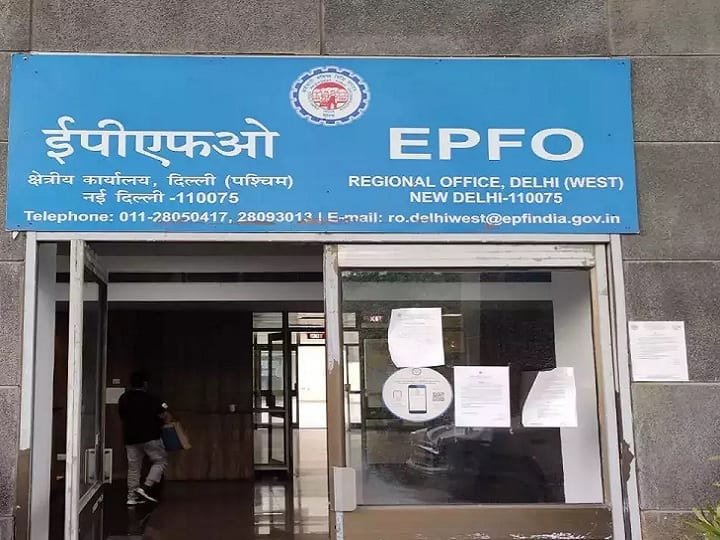Employees Provident Fund Organization manages the money of PF. All PF account holders get returns from the earnings that are made from it. For this, the funds deposited from PF are invested in many places. EPFO (EPFO) is now trying to get more returns on those money and for this purpose there is a plan to re-invest the amount received from ETF in the stock market.
EPFO has prepared a proposal
According to a report in ET, the EPFO plans to reinvest the money received from redeeming Exchange Traded Funds (ETFs) in the stock market. EPFO has approached the Finance Ministry for this. EPFO has added such proposals for this work, which will ensure that investment in shares earns maximum and at the same time the chances of loss due to market upheavals are minimized.
Seal of the Central Board of Trustees
The Central Board of Trustees, the apex decision-making body of EPFO, had recently given approval to EPFO that the amount received from redemption of ETFs can be reinvested in the stock market. The meeting of the Central Board of Trustees of EPFO was held in the last week of March. The proposal to reinvest ETF Proceed in the stock market was approved in the same meeting.
Finance Ministry’s approval is necessary
After getting approval from the Central Board of Trustees, this proposal is yet to be approved by the Finance Ministry. Once the EPFO gets the nod in this regard from the Finance Ministry, then only it will be possible to reinvest the ETF proceeds in the stock market. Currently, Niyam says that the EPFO can invest only 5 per cent to 15 per cent of its earnings in equity or related instruments.
EPFO wants this change
EPFO also wants changes in some other provisions related to its investment. Currently ETF units are redeemed at an interval. EPFO wants to redeem them daily. Similarly, at present the benchmarking of ETF returns is done according to the 4-year returns of the Sensex. EPFO says that benchmarking should now be done according to the 5-year returns of the Sensex.

